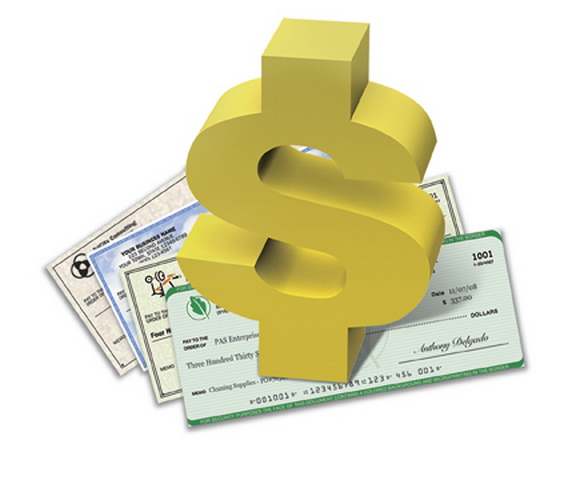Getting Your Adult Children Off Your Payroll

As almost any parent knows, the responsibility to your children doesn’t end when they turn 18, and they may still be financially dependent on you, even if they’ve left the house. According to a Pew Research Center survey, 61 percent of parents with at least one adult child of legal age said they contribute to their financial wellbeing.
But, invariably, moving the burden of paying the bills from you to your grown children is a responsibility every parent must eventually face. It’s unfeasible and irresponsible to cover things like your kids’ credit cards, car payments, or cellphone bills forever.
Ensuring your children are prepared to dive into financial independence is crucial, according to personal finance professionals. Freeing up your own funds for things such as debt reduction, home repairs, car payments, and retirement accounts can be achieved much quicker once your children are taking care of themselves.
The challenge is, of course, to get the kids off of your payroll and onto their own. Here are some helpful tips to offload your kid’s bills:
Setting Your Kids Up For Success
If your children practice fiscal responsibility from the start, they will be less inclined to end up moving back home later. It makes sense to make sure they have the resources and knowledge to survive the transition before you cease paying the children bills completely.
Basic budgeting, avoiding credit card debt, and the benefits of putting money away for retirement in a 401(k) or other savings plan, are a few of the simple financial techniques that you can instill in your children at a young age.
If you think it could be helpful, you may way to expose them to a fund company website or point them towards a podcast that may have easy-to-follow beginner’s information on investment. Or, if you’re comfortable with it, you may even want to show them your own finances.
The point is, you don’t want to cut your child off before they have to knowledge to succeed on their own.
List Your Children’s Bills
Once you are at the point to where you know your child is be able to accomplish certain things, like paying their rent on time without racking up massive credit card debt in the process, you should add up the total of all the bills you’ve been paying for them over the years: things like cars, allowances, cellphones, gas, clothing and food, and cellphones.
This last one, cellphones, is especially true, as recurring bills like that often end up under the parent’s account forever, according to Anthony Ogorek, CEO of Ogorek Wealth Management in Buffalo. These things can end up as lifelong commitments if you’re not fastidious about it.
Consider cutting your over-eighteen child off if they have the funds to absorb any or all of these costs. That will put that money back into your own pocket. This could be a monthly net to you of several hundred dollars, if not more.
How quickly you ultimately cut the cord will be dependent on your children’s own financial security.
Costs and Needs
Unanticipated disability, loss due to disaster, health issues, car accidents: insuring yourself and your children against these burdens is an important part of personal finance. According to the director of financial planning at Creative Planning in Kansas City, Jonathan Knapp, the time to review your children’s policies is when they’re ready to move out of your house for good. Then you can evaluate what coverage they can pay for on their own. It is also a good time to review your own coverage and see if any of changing needs affect the costs.
For example, if your child’s student loans are all paid off, and if your personal mortgage is paid or about to be, it might not make sense to have an expensive life insurance policy.
Knapp says, stopping the coverage you don’t need will save you countless dollars in the end, and setting up a plan for long-term insurance care will help the financial strain of any nursing-home care you may need in your golden years.
If your child gets insurance coverage from their employment, for instance, you can save a lot of money in monthly premiums by reducing the coverage you used to be responsible for. The same is goes for auto insurance if your child makes enough money to cover their own.







